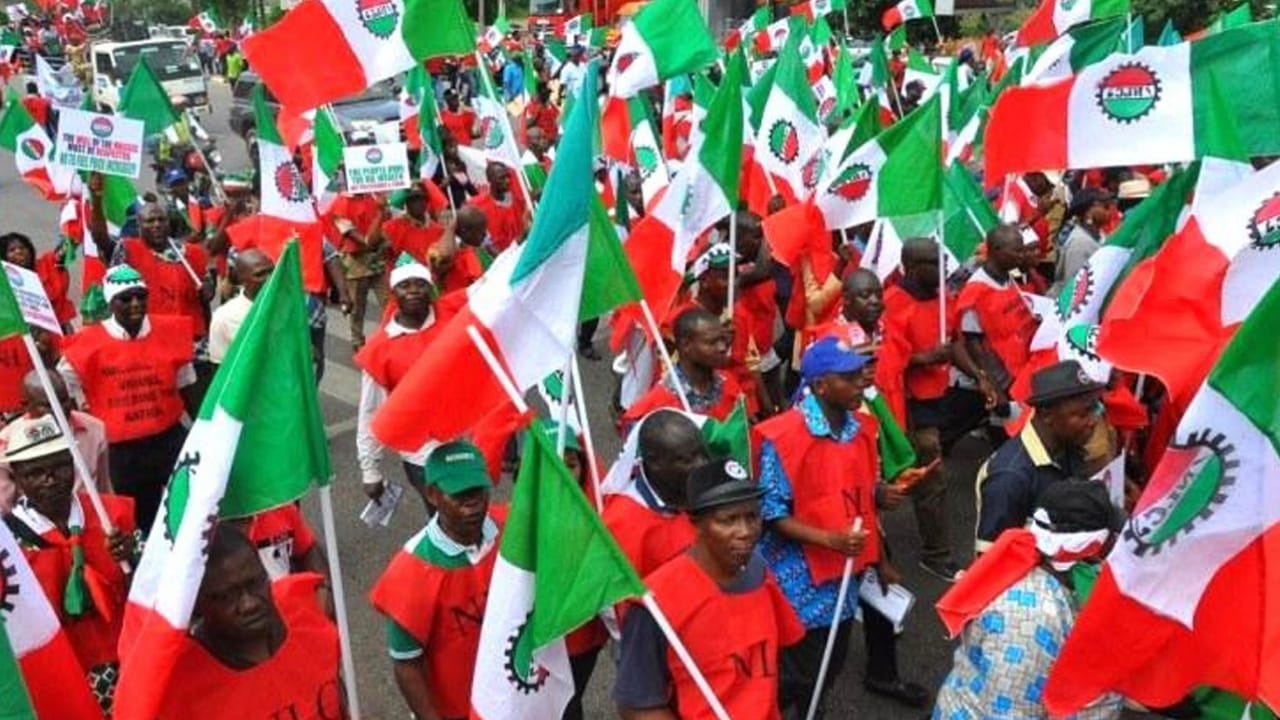Headlines
NLC Fires Back at Governors: ‘You Can’t Dictate What to Pay’ on Minimum Wage

The Nigeria Labour Congress (NLC) has expressed strong opposition to the recent comments made by governors regarding the determination of minimum wage in their respective states. The NLC emphasized that such a stance is not only authoritarian but also undermines the established model for setting a national minimum wage in Nigeria.
The ongoing negotiations between labour unions, the government, and the private sector have been centered around the implementation of a new minimum wage. The tripartite committee proposed N62,000 as the new minimum wage, while organised labour is advocating for N265,000.
President Bola Tinubu has received the committee’s report and has committed to paying what the country can afford. He is currently engaging in consultations with stakeholders, and a bill to enact a new minimum wage will be presented to the National Assembly.
The Southern Governors’ Forum recently argued that the minimum wage should not be uniform, and each state should pay what they can afford. However, the NLC has strongly criticized this position, stating that it poses a threat to the welfare of Nigerian workers and the national economy.
READ ALSO: Shettima Responds to Tinubu Health Rumors: ‘We Are Not Preparing for Olympics
The NLC emphasized that the concept of a national minimum wage is not arbitrary and serves as a collective agreement to ensure a minimum standard of living for all workers.
The National Labour Congress criticized governors and political officeholders for their lavish lifestyles, questioning why there is no uproar when these officials receive uniform salaries set by the Revenue Mobilisation, Allocation, and Fiscal Commission.
This disparity between the privileged few and the majority poor is a pressing issue that concerns those who care about the nation. Negotiations for a new minimum wage have been challenging, especially with the recent economic changes that have sparked discussions on a revised wage structure. Despite shifts in positions from both labour unions and the government, a consensus is yet to be reached, leading to worker strikes and disruptions in critical sectors.
The private sector has cautioned against a minimum wage exceeding N62,000, highlighting the potential consequences of non-compliance and legal challenges that may arise.
